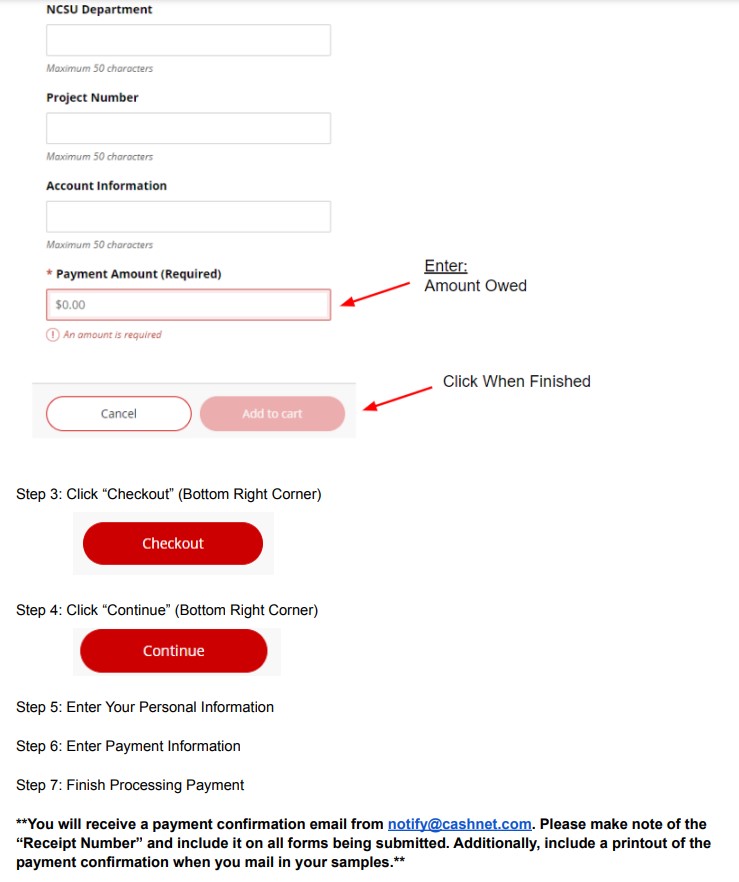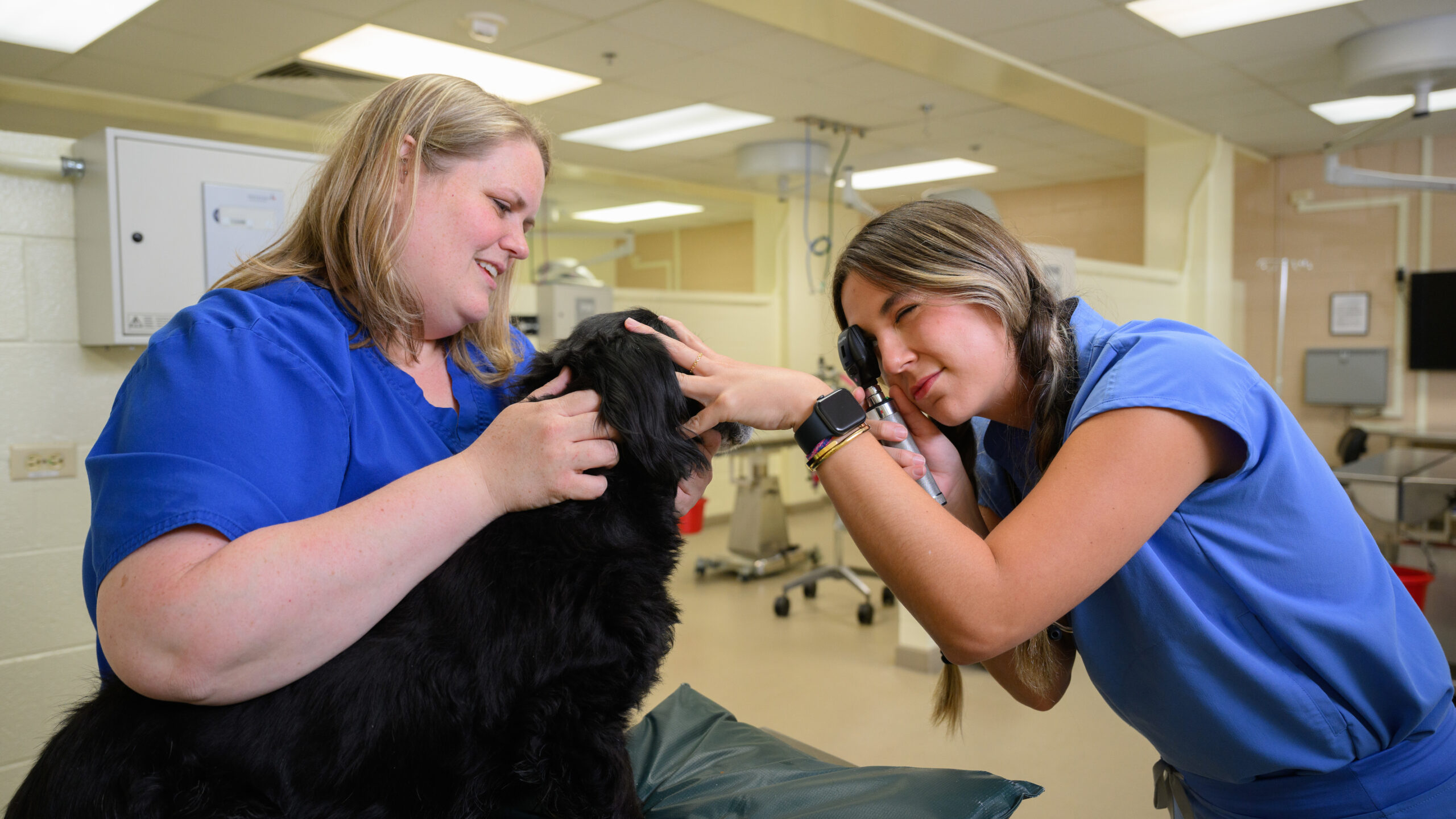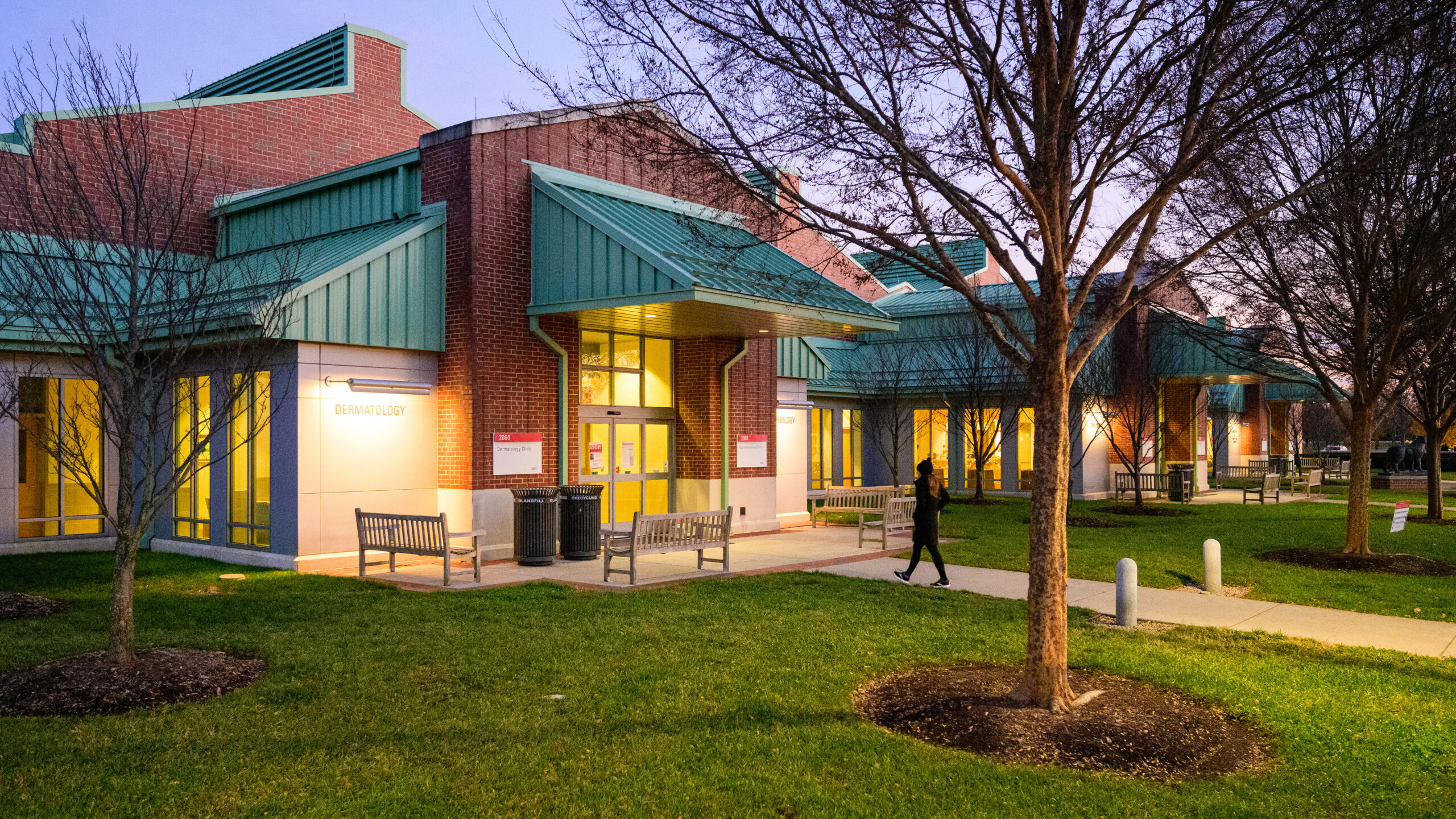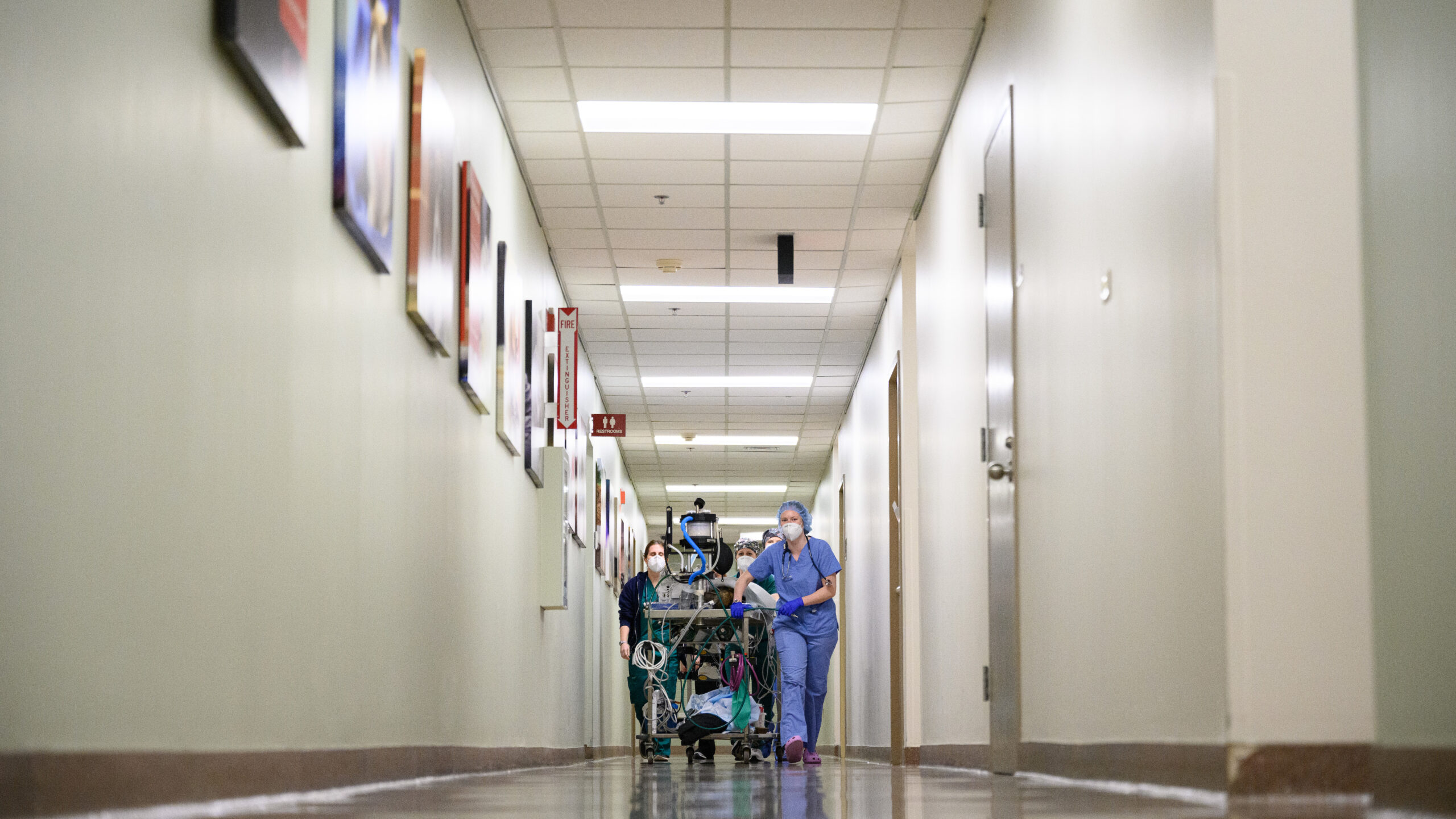Small Animal: Genetics
The NC State Veterinary Hospital Genetics team offers testing for genetic disorders in specific canine and feline breeds.
Hours: Monday through Friday, 8 a.m. to 4 p.m.
Phone Genetic Testing: 919-515-3277
Phone Holter Monitoring: 919-513-3314
Email: cvm-cardiacgenetics@ncsu.edu
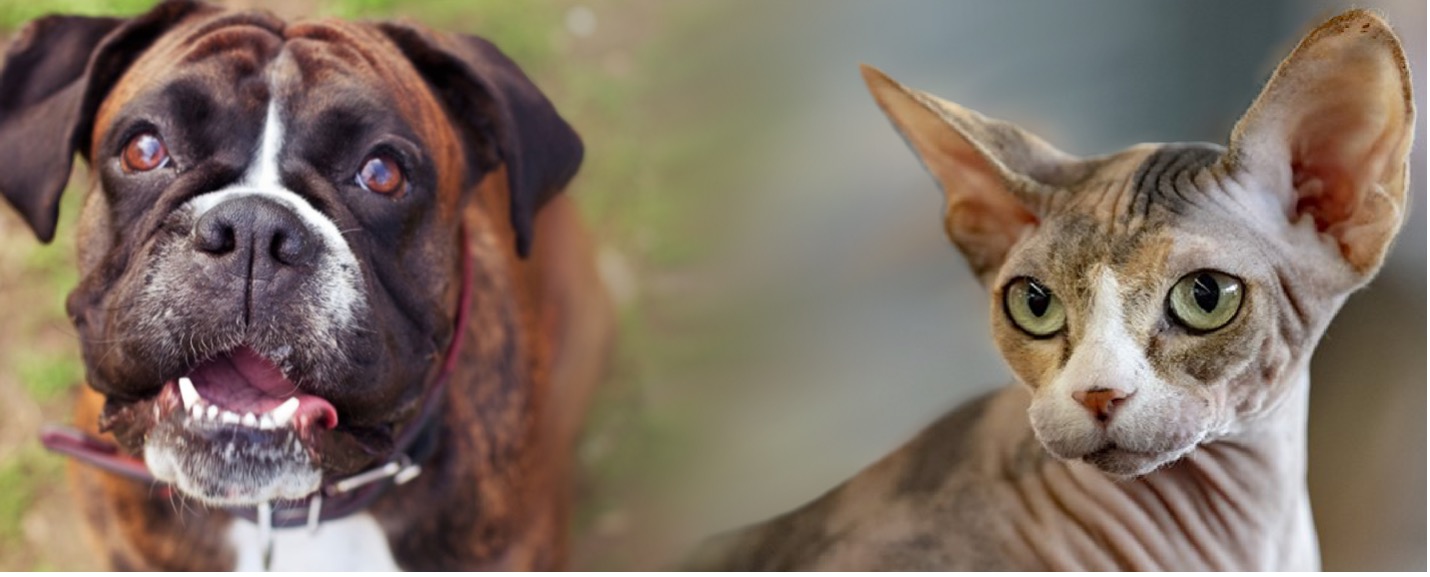
Overview
The NC State University (NCSU) Veterinary Cardiac Genetics Laboratory (VCGL) offers genetic testing for breed-specific genetic mutations that can predispose dogs or cats to developing cardiac or neurological diseases. All the genetic mutations we test for at the NCSU VCGL were discovered by researchers here. Each test is breed-specific and does not apply to other breeds. In addition to the genetic testing services, we also offer a pre-breeding cardiac Holter monitoring service which can be done separately for any breed of dog, or in combination with the breed-specific genetic testing we offer for those breeds.
Payment
We offer two ways to pay:
- Mail a check (made out to NCSU-Cardiac Genetics), along with your forms and swab to:
NC State University
College of Veterinary Medicine
ATTN: Veterinary Genetics Laboratory
Research Bldg. 326
1060 William Moore Dr.
Raleigh, NC 27607 - Pay by credit card using our easy campus credit card website: Non-Student Credit Card Payments | University Controller’s Office (ncsu.edu) by following the steps below:
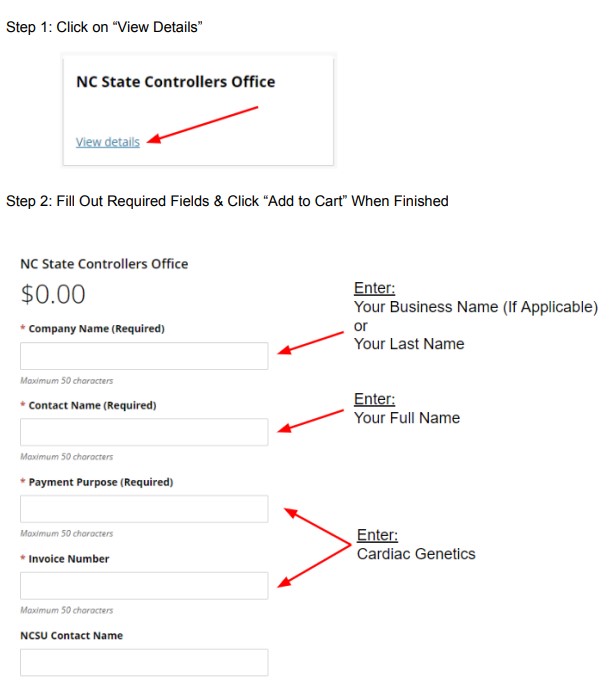
Donate to our Research
Frequently Asked Questions
Why should I test my pet?
Genetic testing is a wonderful resource for owners. It can be key to making breeding decisions, as well as helpful in predicting you dog or cat’s potential to develop disease later in life. Please remember, genetic testing is only one component of your pet’s health, and it is important for all pets to be seen by a veterinarian annually. Any questions regarding your pet’s personal health outside of his or her genetic testing result should be directed to your regular veterinarian.
How can I test my pet?
You can test your pet(s) by ordering a swab kit (above) and then filling out our online submission form and mailing in the DNA sample. Payment can be made by credit card or check. Results will not be released for samples provided without payment.
Is one type of sample better or more accurate than another sample type?
All types of samples are equally accurate. We have full confidence in the results produced from swabs, blood, and semen. There is no need to submit more than one type of sample.
Who can submit a sample to test my pet?
Samples can be submitted by the owner, breeder, or a veterinarian. There is no need to involve your veterinarian to submit swabs, but you are more than welcome to ask them for help if you would feel more comfortable. Blood draws must be done at a veterinary clinic.
What shipping carrier or speed should I use?
We have no preference of what shipping carrier is used to ship samples. There is also no requirement for the shipment speed you use. DNA stays very stable in blood and swabs, so there is no need to ship it priority overnight. If you are sending samples from outside of the United States, please check with your shipping carrier for information on any potential sample restrictions or required shipping documents. We provide a copy of the USDA’s guidelines regarding importing canine and feline material on our webpage. Once your sample has been received by the laboratory, you should receive an automatic email notifying you that your sample is being processed for testing.
When can I expect results?
Results will be sent via email to the email address provided on the online submission form within 5-10 days of the sample’s arrival in our laboratory. All results are kept confidential and are not posted publicly. Please check your spam folder if you do not see results in your inbox. If you still cannot find any results in your email, please email or call the lab.
What are the possible results for genetic testing?
Every animal has two copies of all their genes. One copy is inherited from the mother and one copy is inherited from the father. Our testing looks at a specific gene to figure out if either copy of that gene contains the known disease-causing mutation. We only sequence that small section of your pet’s DNA and not the whole genome. You will receive one of the following three results for any of our tests:
- Negative – the animal has two normal, unmutated copies of the gene. These animals are sometimes referred to as “clear.”
- Positive Heterozygous – the animal has one normal copy of the gene and one mutated copy, although it is not possible to know which parent the mutation could have been inherited from without testing the parents. These animals are sometimes referred to as “carriers.” It is recommended that these animals only be bred to a negative animal.
- Positive Homozygous – the animal has two mutated copies of the gene. It is not recommended that these animals be bred.
Should I ever retest my pet?
Genetic testing results will never change at any point in your pet’s life, so there is no need to retest your pet.
Does the NCSU VCGL offer any pricing discounts?
We currently offer a litter discount for most of our tests. Please see the individual test pages for more information. No other discounts will be given.
Does my pet need to be OFA or AKC registered to be tested?
Your pet does NOT need to be registered to be tested and it is not necessary to provide a registration number on the online submission form. We only provide results directly to the email address provided to us and do not send any of our results to the OFA. Sending your pet’s genetic result to the OFA is the choice and responsibility of the owner.
What is a Holter monitor and why is it relevant?
A Holter monitor is a 24-hour ECG device that a dog can wear using a light adhesive tape and a vest while he or she goes about having a typical day. These devices help us detect abnormal heart beats that may be early indicators of some cardiac diseases. Inherited diseases that are associated with abnormal heart beats include: Boxer ARVC, Doberman DCM, and Rhodesian Ridgeback IVA. Because a dog who has tested positive for one of these mutations is at higher risk of developing heart disease, it is a good idea to proactively screen these dogs annually with a Holter monitor. The NC State University Holter Monitor Service offers Holter monitor rentals for breeders, owners, and veterinarians who want to screen dogs for breeding purposes or diagnostic purposes because they are exhibiting symptoms of potential heart disease.
Where is the NC State Cardiac Genetics Laboratory
The Veterinary Cardiac Genetics Lab (VCGL) is located at the North Carolina State University College of Veterinary Medicine in Raleigh, North Carolina. We are just one of many laboratories on the CVM campus passionately trying to improve the health and welfare of animals. The NCSU VCGL is overseen by Dr. Joshua Stern, DVM, PhD (Cardiology).
